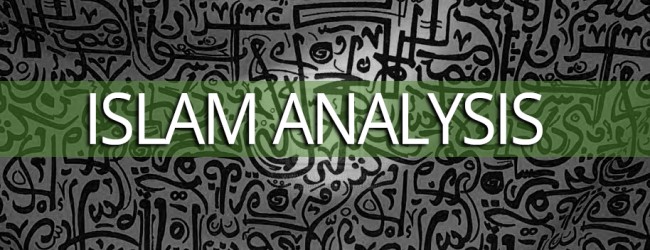
The last two centuries have reduced global hunger, poverty, and disease in ways that were previously unimaginable. The accelerating pace of technological development — computing, the Internet, the information and genetic engineering revolutions — only promises greater progress in coming decades.
But getting these developments to the people who need them is far from an exact science, as recent development experience has shown . For example, mechanisms for producing clean drinking water exist, but people continue to die of waterborne diseases, while millions — if not billions — go hungry, despite the fact that we have the capacity to eradicate world hunger.
On the one hand, technological innovation is a by-product of social processes; but on the other, an understanding of technology’s social dimension, and the context in which it must operate, is critical to deriving value from it.
Ideas, not ICTs
Jelel Ezzine, a cybernetics professor and director-general of international cooperation at Tunisia’s Ministry of Higher Education and Scientific Research, cautions against “overestimating the role of technology as the original cause of [a] change”.
Rather, he views technology as a tool, and says he believes it is the application of this tool, as well as its social context, that is the most important issue.
Much was made of the power of social networks such as Facebook and Twitter during the Arab spring: the technology community quickly hailed such networks as an important means for ending dictatorships around the world.
But there has been a growing backlash against this idea in academic circles. “It was the power of the ideas, not the power of information and communications technology” that brought about democratic change in Tunisia, Ezzine says. [1]
Taking a technology-driven, rather than social science-driven approach, to development is not unique to Islamic countries, but it is much more prevalent and acute within them. This is primarily because of the poor development of the social sciences as rigorous and data-driven ‘science’ capable of providing an evidence base for development.
Neglecting the social dimension
This weak focus on social sciences might explain why — despite the availability of affordable technology — many Muslim societies have failed to exploit technology’s development potential fully, viewing it as a status symbol rather than as solving real-world problems. The causes of this run deep and often go to the heart of how Islamic society views knowledge.
Most leaders — including science leaders — in Muslim-majority countries are yet to fully appreciate that a society develops and consumes knowledge in complex ways, and one body of knowledge (the hard sciences) cannot be separated from another (the social sciences). If natural sciences are to have their desired impact on society, leaders must learn from and respond to their social contexts.
For example, an electronic learning (e-learning) system needs to be built with a thorough understanding of the learning paradigm — which can be gained only through the social sciences. E-learning systems, based on the most sophisticated learning algorithms, cannot be successful without an understanding of its target users, the children. Social science insights from how students learn, for instance, can enable e-learning system designers to incorporate mastery-based learning approaches that could make a significant difference to learning outcomes.
But many Muslim-majority countries continue to struggle with the idea of creating a society where a culture of informed debate, freedom of thought and expression, critical inquiry, and the norms of criticism, dissent, and learning, can fully take root and flourish.
Limited opportunities
In the Islamic world, opportunities for social scientists to input into the process of scientific and technological development are limited.
For instance, there are no social scientists in the national scientific academies of most nations — their voices are simply not heard. And science policymaking processes are dominated by natural scientists themselves, in contrast to developed countries, where scientists participate in processes often mediated by trained policy practitioners and economists who can analyse the costs and benefits of policies and make informed trade-offs.
Policies and programmes to involve social scientists in the development and evaluation of science and technology are, at best, considered an unnecessary expense. More often, evaluation and impact assessments of research — which are rooted in social science — are feared and even resented. Thus an opportunity to learn from one’s mistakes is lost.
Countries across the Islamic world can only hope to fully capture the fruits of their investments in science and technology if they understand and act upon insights about how these are deployed for the benefit of society.
This calls for a fundamental shift in the way Islamic countries have traditionally viewed science, technology, and development.
They must ensure the participation of diverse voices — particularly those from the social sciences — when debating and finalising development priorities, and academies must open their doors to social scientists, so that they can become truly integrated into development debates and processes.
Unless these countries pay adequate attention to the social context of technology in development, it will remain a marginal force for the billions who could — and should — benefit from its bounties.

Athar Osama is a science and innovation policy consultant and advisor. He is the CEO of Technomics International Ltd, a UK-based international technology policy consulting firm, and founder of localhost/muslim and the Pakistan Innovation Foundation.
[1] It’s about the power of ideas, not the power of ICTs, (InfoDev, 11 June 2012)
You must be logged in to post a comment.